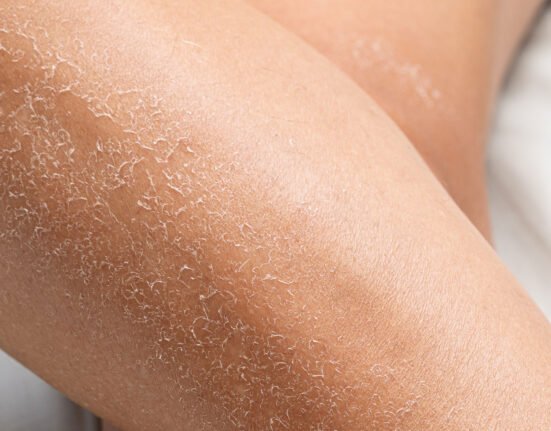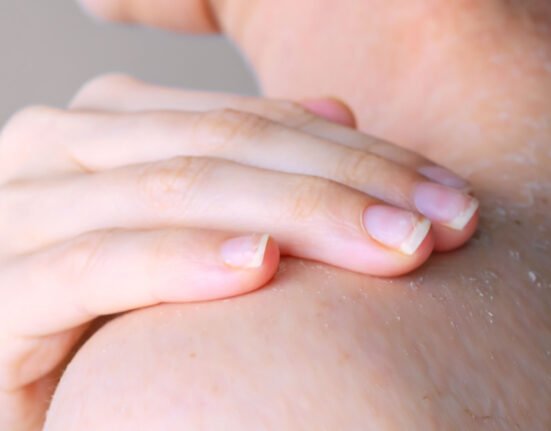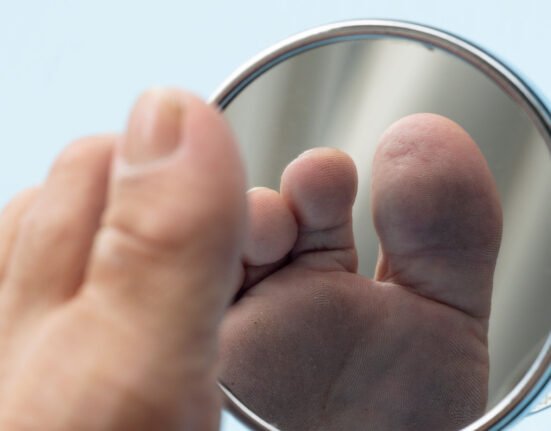Be honest! How often do you touch your face during the day? Without even realizing it, you probably do it countless times: rubbing your forehead while thinking, scratching your nose, resting your chin when you’re bored, or picking at a tempting pimple.
While it may seem harmless, this habit could be a major contributor to those stubborn breakouts.
Our hands come into contact with a wide range of bacteria, oil, and dirt throughout the day, from phones and money to door handles and keyboards.
When you touch your face, these unwanted guests can transfer to your skin, clog pores, and trigger inflammation.
Why Touching Your Face Can Cause Acne
1. Clogged Pores from Dirt and Oil
Dirty hands can transfer dust, oil, and dead skin cells to your face, potentially causing irritation and other issues.
These can clog pores, creating the perfect breeding ground for acne-causing bacteria.
2. Spreading Bacteria to New Areas
Every surface you touch can leave germs on your hands. When those hands touch your face, bacteria find a new place to settle.
If your skin is already prone to acne or sensitive, this can exacerbate inflammation and irritation, making it more challenging for your skincare products to work effectively.
3. Slower Skin Healing
Touching or scratching active breakouts can irritate the skin further and even lead to scarring or pitted marks.
4. Undermining Your Skincare Routine
Your skincare products are designed to act like a protective shield, from serums to moisturizers.
But constantly touching your face can break down that barrier.
Oils from your fingers can degrade products more quickly than they’re meant to wear off naturally throughout the day.
That means those powerful ingredients meant to nourish and protect your skin can’t do their job correctly.
5. Triggering Excess Oil Production
If you already have oily skin, touching your face can spread oil from one area to another. This not only worsens shine but also increases the risk of clogged pores and more breakouts.
How to Break the Habit of Touching Your Face

1. Be Aware and Replace the Habit
The first step is awareness. Notice when you tend to touch your face during stress, boredom, or deep thought?
Then replace the action with something else, like squeezing a stress ball or doodling.
2. Wash Your Hands Frequently
Clean hands = lower risk of transferring germs to your face. Wash with soap and water often, or use hand sanitizer when you’re out and about.
3. Clean Your Phone Regularly
Your phone is one of the dirtiest things you carry around. Wipe down your screen often, especially if you hold it up to your face when taking calls.
4. Use Tissue or Cotton When Touching Your Face is Necessary
If you must touch your face, such as when applying skincare, use a clean tissue or ensure your hands are freshly washed.
5. Treat Acne the Right Way
Use spot treatments or skincare products containing active ingredients such as salicylic acid, tea tree oil, or niacinamide.
Avoid popping pimples, as it can worsen inflammation and delay healing.
Touching your face is a natural reflex that’s hard to avoid. But if you’re serious about getting clear skin, it’s time to start breaking the habit.
Remember: just because your hands look clean doesn’t mean they’re germ-free. So take care of your hands, and your skin will thank you!
References
Cocoon Aphothecary. Accessed in 2025. Stop Touching Your Face: The Science Behind Why It’s the Worst Habit for Acne
Exposed Skincare. Accessed in 2025. Does Touching Your Face Cause Acne?
Healthline. Accessed in 2025. How to Not Touch Your Face.
PERS. Accessed in 2025. Why does frequently touching your face compromise the effectiveness of your skincare routine?








Leave feedback about this